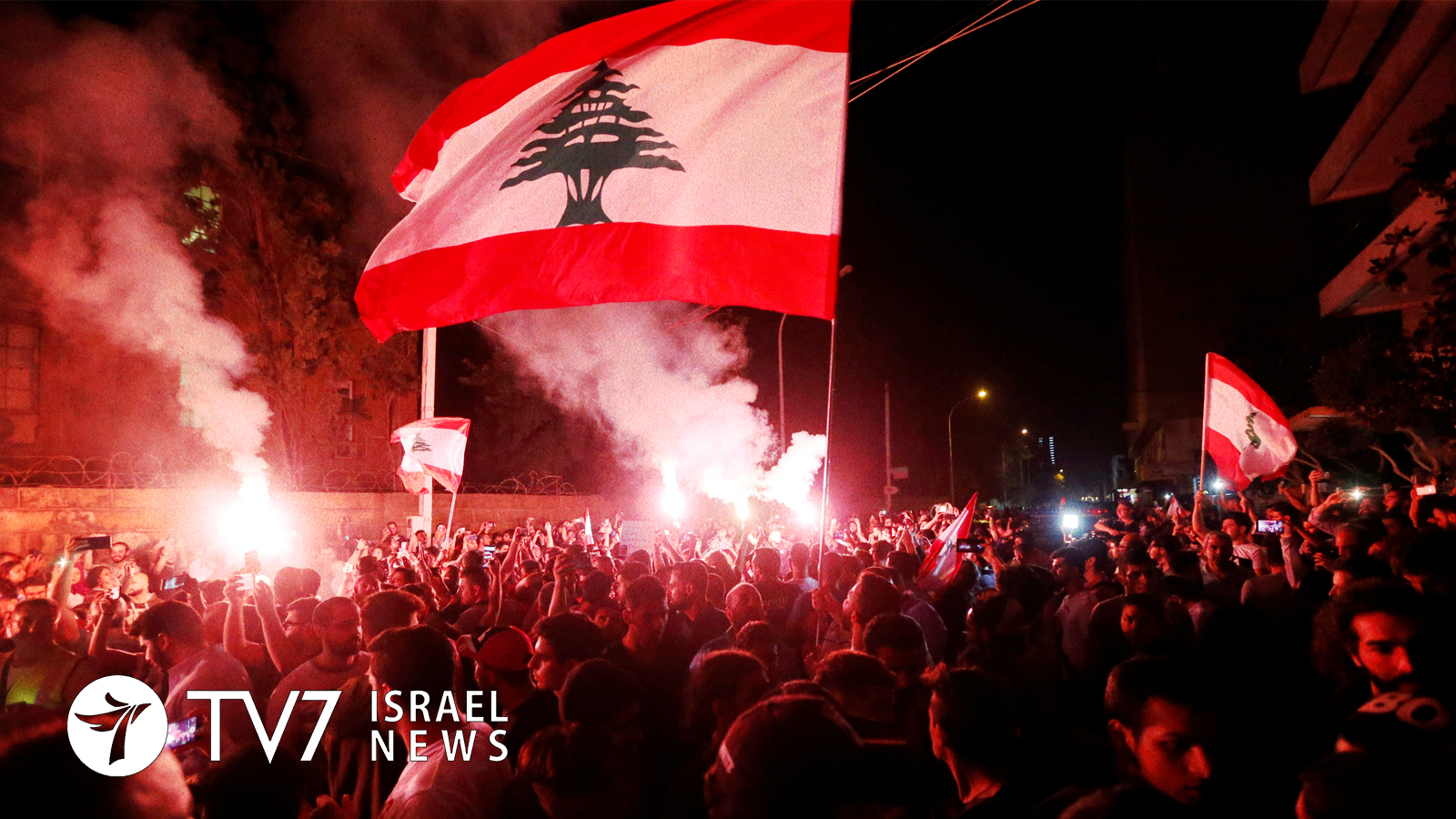Widespread public unrest continues to shake Lebanon, with hundreds of thousands of protesters returning to the streets of multiple cities and towns daily with the declared hope of ending the counties rooted sectarianism and corruption, which led Lebanon into the worst economic crisis since the 1975-90 civil war.
Despite efforts by President Michel Aoun to help form a new government, following the resignation of Prime Minister Sa’ad al-Hariri on the 29th of October, no apparent progress has been made. Consequently, wary of the country’s economic hardships, protesters have vowed to continue their mostly peaceful outcry. Lebanese Protester Salame Boussi said, “We are staying in the streets and continuing because we don’t have another choice because as you can see, the country is bankrupt. Even those who have savings in the banks, they are losing them, there’s no more money in the banks to spend from, even for those who have saved.” According to Mohammed Abou Ali, who is also a Protester, “The people of this movement are suffering, and the suffering people don’t sleep; therefore, if the bet was on this movement’s people getting tired, this is a fraudulent betting.”
It is important to note that the social unrest has led the Lebanese government to delay a Eurobond issuance of some 2 billion dollars that had been planned for the end of the month. According to incumbent Finance Minister Ali Hassan Khalil, despite the delay, ‘Beirut is fully committed to paying its maturing Eurobonds on time.’
